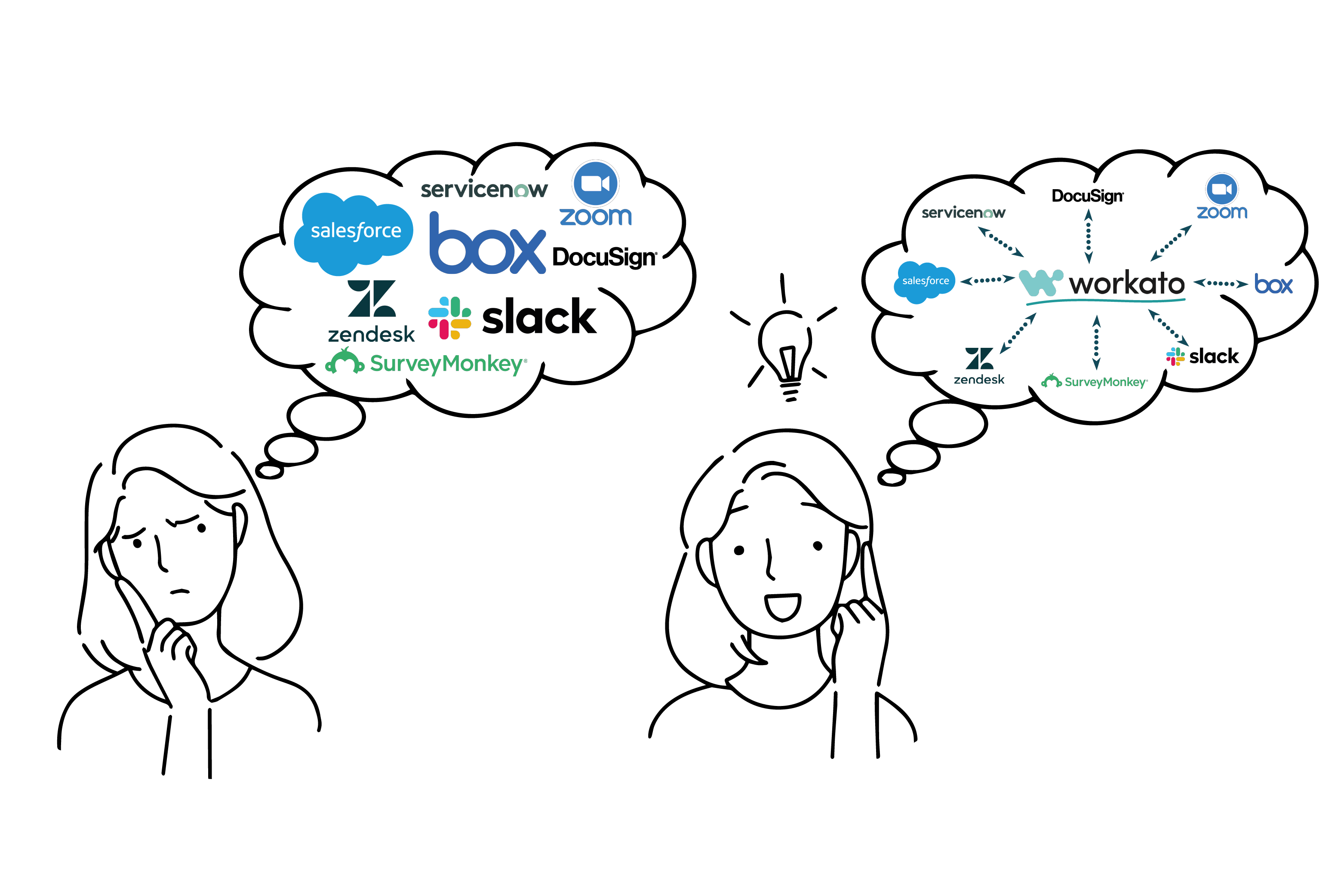Sign Up for Our
Updates
In the 2021 Budget and Spending Review, chancellor of the exchequer, Rishi Sunak, announced that £2.1bn will be invested in improving IT and digital technology within the NHS. This is part of a wider £5.9billion for the NHS to help clear the record high backlog of patients waiting for treatment.
Health secretary, Sajid Javid, has stated that funding will be invested in diagnostic tools and solutions to free up NHS staff to spend more time with patients. He plans to ensure digital systems in hospitals and mental health care settings are as robust, connected and efficient as possible.
Javid has already announced that part of this spending will go towards fast broadband and digital patient records. Leveling up the NHS with this basic IT infrastructure will be an important foundation for digital innovation. This article will discuss three other areas for which targeted funding could offer significant improvements in the efficacy and quality of care within the NHS.
1. Communication Tools
Countless hours of frontline staff time could be saved by improving NHS communication systems. Matt Hancock’s ‘axe the fax’ and ‘purge the pager’ campaigns have gone some way to dragging the NHS out of the technological dark ages, but there remains a widespread reliance on archaic communication technology between NHS professionals, including paper letters and telephone switchboards. Digital tools that allow fast, secure, and efficient communication, both between clinical teams and from patients to clinicians, will go a long way to freeing up time to care. Tools offering asynchronous communication within inbuilt triaging functionality will be of particular use.
2. Integration & Interoperability
One of the biggest barriers to the intelligent use of healthcare data is the siloed way in which healthcare data is stored and utilised. Clinicians spend far too much time trying to retrieve patient data from a variety of sources. This lack of information sharing across sites and specialities threatens the safety and quality of patient care. Most patients assume that data is shared across the NHS system and expect the NHS to offer joined-up care. Digital platforms that optimise interoperability and integration can be harnessed to facilitate the flow of healthcare data throughout the NHS and ultimately provide better outcomes for patients.
3. Admin Automation
Admin takes up a considerable amount of frontline clinician time, whether it is processing investigation requests, manually writing notes, or filling in referral forms. Many of these tasks are suitable for automation.
For example, a report by the Oxford internet institute last year suggested that almost half of all administrative tasks in general practice could be automated. Automation tools might include faster note-taking through voice to note NLP, triage of patient appointments or referrals, screening of letters, intelligent auto-filling of request forms, auto-generated patient monitoring plans for chronic conditions, and integration of EPRs with national guidelines to prompt appropriate prescribing and management.
Targeting funding to these 3 areas within healthcare could make significant improvements to service efficiency and help to free up time to tackle the backlog of patients waiting for treatment. As with all digital healthcare innovation, it will be essential that careful consideration of ethics, equity, transparency, and fairness is undertaken when implementing technology to ensure the NHS serves everyone and that no one is left behind.





